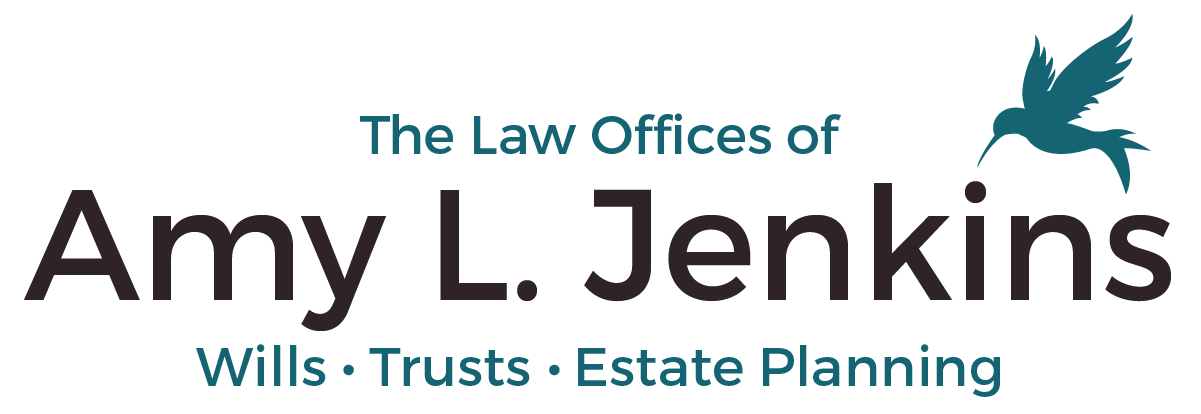Understanding the Importance of National Senior Fraud Awareness Day
As we approach National Senior Fraud Awareness Day on May 15, it's crucial to be informed about the scams targeting our elderly loved ones. Scammers are constantly evolving their tactics, making it important to stay updated and vigilant. By understanding these common scams, we can act as a line of defense for older adults in our community.
Tech Support Scams
In these scams, fraudsters impersonate tech support from well-known companies and claim there's an issue with your device. They may ask for remote access or payment to fix a non-existent problem. Educate your loved ones to hang up and never give remote access to strangers over the phone.
Sweepstakes Scams
Victims are told they've won a prize but must pay fees upfront to claim it. A legitimate prize will never require payment to collect. Encourage seniors to verify any such claims independently before sharing personal or financial information.
Government Impersonation Scams
Scammers pose as government officials and use threats of legal action to wrangle personal data. Teach elders never to provide personal information over the phone and to contact government agencies directly to verify any claims.
Grandparent Scams
Exploiting familial bonds, scammers may pretend to be a grandchild in trouble and create urgency to send money. Remind seniors to verify the caller's identity by contacting other family members before sending any funds.
Romance Scams
Through online relationships, criminals build trust before requesting money. Warn seniors to be cautious about revealing personal information or sending money, especially to someone they haven't met in person.
Medicare Scams
Scammers may offer bogus services to steal sensitive information by posing as Medicare representatives. Inform seniors that Medicare will never call or visit to sell products or services directly.
By sharing this knowledge and maintaining open communication, we can collectively work to prevent these crimes. Encourage reporting suspicious activities to authorities or fraud prevention hotlines. Awareness is our strongest ally against fraud.

